Workers in the medical, legal and education fields are among a growing list of professionals who can save thousands of dollars when applying for a mortgage with a deposit of less than 20 per cent.
A variety of different lenders offer waivers to certain professions on lenders’ mortgage insurance (LMI), which is usually imposed on borrowers with a deposit under that 20 per cent mark. LMI can cost several thousands of dollars and is usually added to the repayments for the duration of the mortgage.
Who’s eligible for mortgage insurance waiver?
| Lender | Minimum Deposit | Who qualifies | Fine print |
|---|---|---|---|
| ANZ | 5 to 10% | Medical, legal and accounting professionals | Medical and dental practitioners, physiotherapists, chiropractors, optometrists, vets, accountants, lawyers, solicitors and barristers, among others. Includes investors. |
| Bank First | 15% | Education sector employees | Owner-occupier loans only |
| Bank of Melbourne | 15% | First home buyers | Not available on interest-only or investor loans. Max loan size $850k. |
| Bank SA | 15% | First home buyers | Not available on interest-only or investor loans. Max loan size $850k. |
| BankVic | 10% | First home buyers, Victorian police officers, health and emergency service employees | Owner-occupier loans only |
| BOQ | 10% | Medical professionals | Includes doctors, dentists and vets, includes investors |
| CBA | 5% - 10% | Medical professionals | GPs, medical specialists, dentists, pharmacists, veterinarians. Includes property investors. |
| Home Guarantee (Fed gov) | 2% - 5% | First home buyers and single parents. | Owner-occupier loans only. Income caps apply. Limited to 50,000 places per year |
| NAB | 5% | Medical professionals | Medical and dental, optometrists, vets and pharmacists, includes investors. |
| St George | 15% | First home buyers | Not available on interest-only or investor loans. Max loan size $850k. |
| ubank | 15% | Owner-occupiers | Owner-occupiers paying principal and interest |
| Westpac* | 10% | Medical, legal and accounting professionals | Dentists, GPs, hospital employed doctors, optometrists, pharmacists, vets and registered nurses, among others. Accountants, auditors and actuaries, among others. Minimum income requirements. Includes investors. |
Those who have a deposit of less than 20 per cent are considered to be at higher risk than those who have more equity in their properties.
The cost of the LMI depends on the value of the property and how much the buyer is under the 20 per cent threshold, whether it is being bought by a first-time buyer and whether the buyer is an owner-occupier or investor. On a typical house purchase in Sydney or Melbourne, it can cost tens of thousands of dollars.
The calculator provided by LMI provider Genworth shows LMI costs $22,000 for a first-home buyer on a purchase of $1 million, with a deposit of 10 per cent on a 30-year mortgage; even higher for non-first-home buyers.
Westpac recently extended its LMI waiver to registered nurses and midwives. The change means eligible registered nurses and midwives with at least a 10 per cent deposit can avoid the additional upfront expense of LMI if they earn over $90,000 a year.
“Nurses and midwives provide an incredible service to our communities, so we are delighted to help them buy a home sooner by waiving thousands of dollars in LMI,” says Chris de Bruin, consumer and business banking chief executive at Westpac.
“These professions also typically attract a larger proportion of women, and we are passionate about helping more women buy their own homes… and build financial independence,” de Bruin says.
The addition of nurses and midwives lengthens Westpac’s already extensive list of eligible health professionals, including dentists, GPs, optometrists and pharmacists, among others, provided they meet minimum income requirements.
A few lenders, such as St George, Bank of Melbourne and BankSA (all owned by Westpac) and BankVic, also offer LMI waivers to first-home buyers.
Tindall says while banks waive the LMI cost for low-risk professions, they may still “slug these borrowers with higher interest rates for having a wafer-thin deposit”.
“While this might seem like a small price to pay to duck LMI, a higher interest rate has the capacity to cause significant financial pain over the longer term,” she says.
There are also low deposit schemes, backed by the federal government, which are distributed through lenders. These allow qualifying first-home buyers to purchase a property with as little as a 5 per cent deposit without having to pay the cost of LMI.
Tindall says first home buyers with small deposits should think carefully about going with a particular bank just because they are offering a free LMI deal, even if that deal is backed by one of the federal government’s low deposit schemes.
Those buying with a small deposit while property prices are falling could find they end up with little or no equity in their loan within months, she says.
One of the federal government-backed schemes, called the Family Home Guarantee (FHG), allows eligible single parents with at least one dependent child can buy a home with a deposit of only 2 per cent, and not pay for LMI.
The low deposit schemes have salary caps for the borrowers and caps on the properties being purchased. Source: www.theage.com.au
If you need some guidance and confidential, independent advice, feel free to reach out to our team on +613 8374 7652 or by clicking on this link to book in a Zoom call; https://calendly.com/propertychat/discussion-with-industry-insider.
Industry Insider Property
Level 3, 489 Toorak Road, Toorak 3142
+613 8374 7652
+613 402 346 810
industryinsider.com.au



